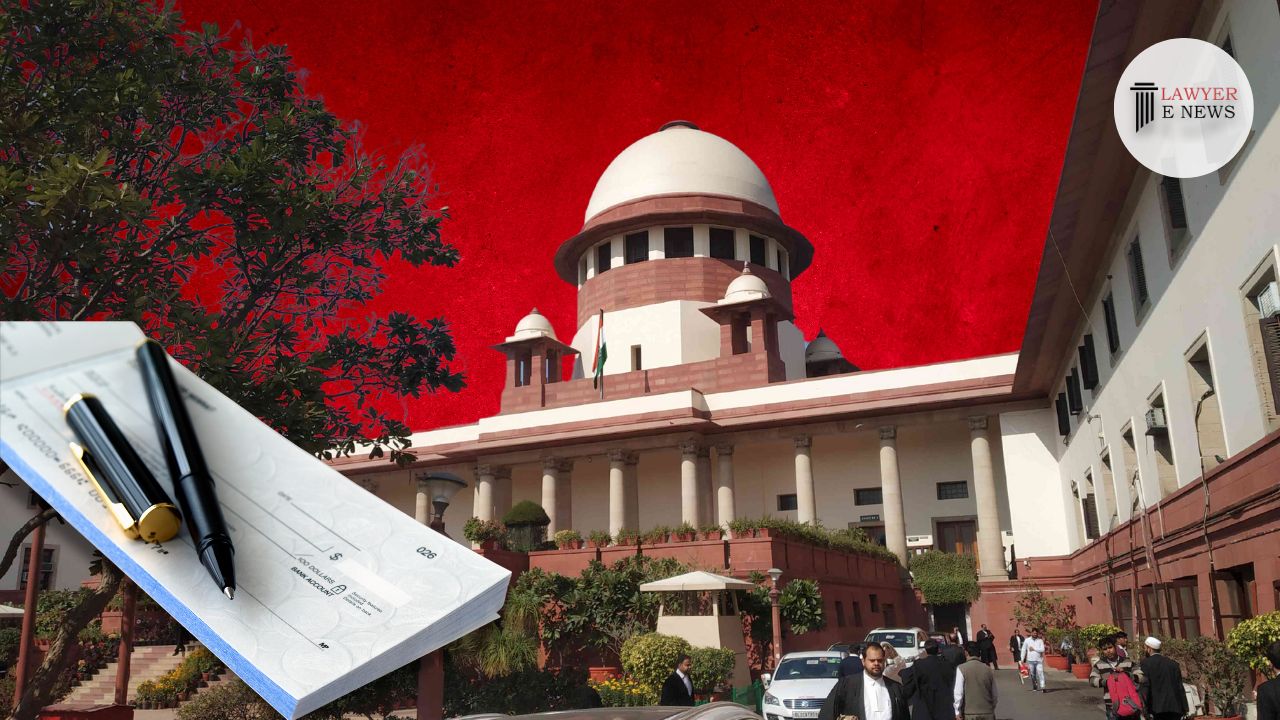-
by sayum
14 February 2026 2:22 PM



The Supreme Court, in a significant judgment delivered on July 23, 2024, has clarified the obligations of co-sharers in a property partition suit regarding the rendition of accounts. The ruling, issued by a bench comprising Justices C.T. Ravikumar and Rajesh Bindal, underscores that all co-sharers, irrespective of their usage of the property, must render accounts or contribute rent for their respective shares. This judgment overturns the High Court’s decision that had exempted certain co-sharers from rendering accounts.
The case originated from a suit for partition filed by Rajinder Kaur (deceased) through her legal heir Usha, seeking partition of a jointly owned property. The property was initially owned by ten co-sharers, with subsequent sales leading to a complex ownership structure involving 11 co-sharers. The plaintiff requested partition by metes and bounds or, if not feasible, sale by auction, along with an account of rents collected by certain defendants. The Trial Court had ordered the property to be sold by auction and directed all co-sharers to render accounts. This decision was partially challenged, leading to appeals and subsequent rulings by the First Appellate Court and the High Court.
The Supreme Court observed that co-sharers, irrespective of whether they were generating income from the property or occupying it for personal use, must render accounts or contribute rent. The judgment noted, “The Trial Court had rightly directed all parties to render accounts either for the rent collected by them or for the portion in their possession for which the rent was assessed.”
The bench criticized the High Court for misdirecting itself by exempting co-sharers from rendering accounts. The judgment stated, “The High Court misdirected itself in recording the finding that the defendant No.3(a)-S.C. Bhalla, being in self-occupation of part of the property, will not be liable to render any accounts.”
The Court extensively discussed the principles of equity in partition suits, emphasizing that all co-sharers must contribute to the common kitty. The judgment elaborated, “Had their business been carried on in a rented premises, they would have certainly paid some rent. Therefore, they must be held liable to contribute to the common kitty for the property in their possession beyond their share.”
Justice Rajesh Bindal remarked, “There was no good reason for the High Court to have absolved [defendant No.3(a)] from rendition of accounts. This matter will require examination by the Trial Court in the course of passing the final decree.”
The Supreme Court’s judgment mandates that all co-sharers must render accounts or contribute rent for their respective shares, ensuring a fair distribution of income from the joint property. This ruling is expected to streamline the resolution of similar disputes, emphasizing the principle that personal use of the property does not exempt co-sharers from their financial obligations to other owners. The Trial Court has been directed to expedite the proceedings and dispose of the case within nine months.
Date of Decision: July 23, 2024
Rajinder Kaur (Deceased) Through Legal Heir Usha vs. Gurbhajan Kaur (Deceased) Through LRS Upinder Kaur and Others
